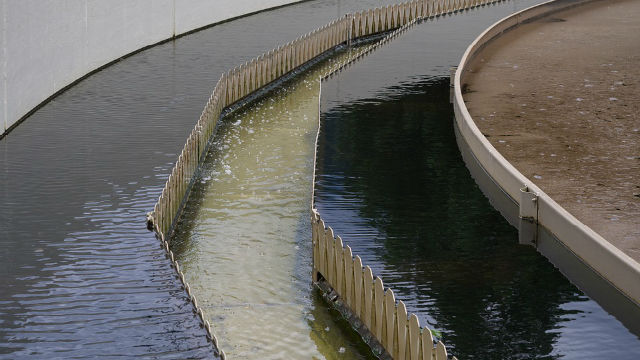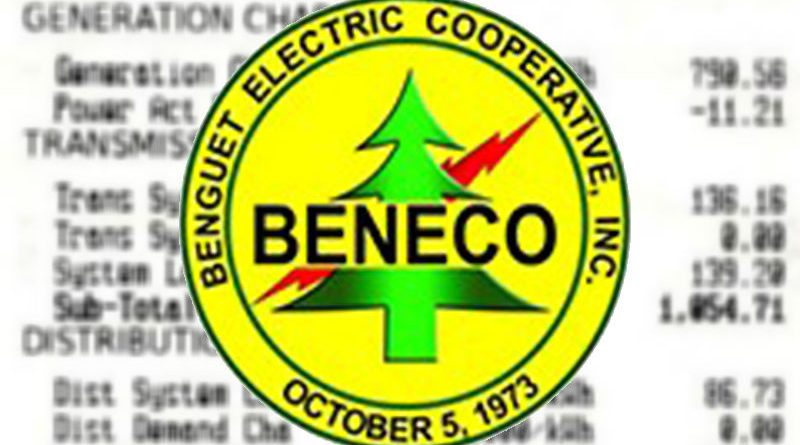BAGUIO CITY – The city government will religiously collect sewerage fees from owners of residential and commercial structures in the different parts of the city once the city’s comprehensive sewerage system will be put in place to ensure waste water being discharged from the said establishments is properly treated before being released to the city’s water bodies.
However, Assistant City Environment and Parks Management Officer Atty. Rhenan Diwas claimed that to date, the city government cannot still impose the aforesaid collection of sewerage fees on owners of residential and commercial structures because the city’s sewerage system is not yet in place, but also because not all commercial establishments are connected to the existing sewerage system.
He pointed out the need for the city government to pursue the proposed rehabilitation of the city’s sewerage system to ensure residential and commercial establishments are connected to the same and for them to be obliged to pay the corresponding sewerage fees based on the waste water discharge from their structures.
Based on initial estimates provided by the Japan International Cooperating Agency, the city needs at least P22 billion to totally rehabilitate the city’s sewerage system to be able to effectively and efficiently treat the waste water discharged from the increasing number of structures in the different parts of the city.
City Administrator Bonifacio dela Peña informed city legislators and department heads that Mayor Benjamin B. Magalong already gave the green light for a company to pursue the evaluation and assessment of the city’s sewerage system at no cost and with no commitment on the part of the city government to guide concerned offices on actions to undertake on the proposed project.
Aside from pursuing the rehabilitation of the 32-year old Baguio sewerage treatment plant to potentially double its existing capacity of 8,600 cubic meters daily, the city government plans to put up a separate sewerage treatment plant for the slaughterhouse and the public market and another sewerage treatment plant along the Galiano river, specifically within the Lower Rock Quarry area, and similar plants along the Bued and Ambalanga rivers.
Diwas asserted it is equally important for the city government to complete the rehabilitation of existing sewerage treatment facilities and the construction of new ones before the city can impose such collection of sewerage fees from users considering the huge volume of waste water that will be processed by the said facilities.
The city currently collects sewerage fees from commercial establishments connected with the sewerage treatment plant and the same is being proposed to be collected from both residential and commercial structures to help increase the internally-generated resources to achieve the projected P300 million additional income of the city for this year alone.
The city’s existing sewerage treatment plant is currently working beyond its operating capacity apart from having worn out piping systems.
By Dexter A. See












